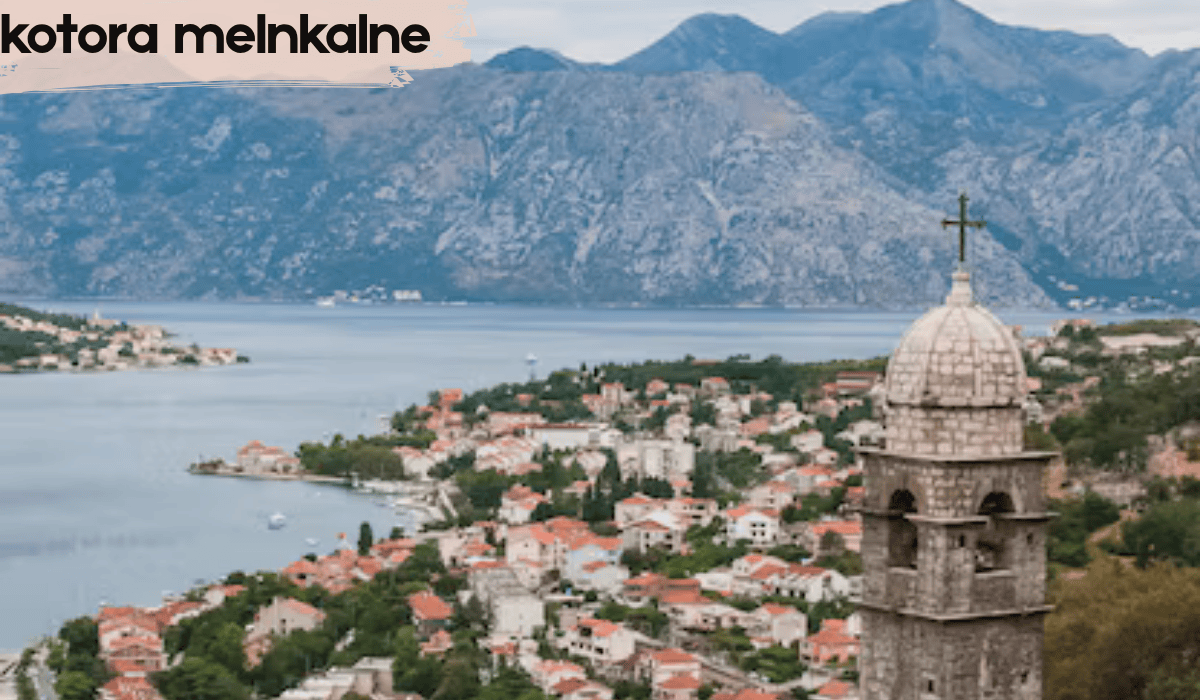Introduction: Rediscovering the Echo of a Lost Word
Every language has a few words that fall into silence—not because they lack meaning, but because time forgets to carry them forward. “Cevurı” is one of those rare terms. Mysterious to many, yet deeply rooted in select traditions, it hovers between concept and identity.
Whether heard as a whisper in ancestral stories or spotted in forgotten handwritten notes, the word carries weight. But what exactly is it? And why does it stir such curiosity?
Unpacking Cevurı: More Than a Definition
Trying to explain cevurı in a single sentence is like trying to capture smoke in your hand. It’s not just a word; it’s a cultural relic—a blend of behavior, belief, and belonging. In various oral traditions, cevurı has been used to describe a person who bridges roles: caretaker, interpreter, artisan, and sometimes even a spiritual guide.
While meanings vary by region, what binds all interpretations is its association with deep trust and quiet responsibility. A cevurı isn’t loud or ceremonial. Their work isn’t recorded in official histories. Yet in many small communities, nothing moved forward without their involvement.
The Role of a Cevurı: Invisible, But Indispensable
Imagine someone in a village who understands the language of elders and the dreams of the youth. Someone who carries recipes not written down, resolves disputes with no courtroom, and passes on craft techniques that no longer exist in textbooks. That’s a cevurı.
They weren’t appointed—they were recognized. Often, their knowledge came from observation, not formal instruction. They were the kind of people others went to not because they had authority, but because they had understanding.
In today’s language, we might call them “connectors” or “community keepers.” But those terms don’t quite capture the quiet power of cevurı—someone who lives in between the seen and the unseen, the spoken and the unspoken.
Where Did the Cevurı Go?
It’s easy to say they disappeared. But maybe they just stopped being called by name.
Modern society rewards specialization. We label people by their job titles, degrees, and online bios. But the cevurı defied labels. Their role was based on how they moved through the world, not what they put on a resume.
In the rush toward efficiency, we may have stopped noticing those who hold spaces together—not with force, but with gentle continuity. The rise of individualism, the migration from rural to urban life, and the digitization of tradition all contributed to the fading of this word and its practice.
Yet that doesn’t mean the essence is gone.
Echoes of the Cevurı Today
| Modern Setting | Who Reflects the Cevurı Spirit? | How? |
|---|---|---|
| Multigenerational Homes | The grandparent quietly passing on values | Through stories, rituals, food |
| Community Art Projects | Local organizers preserving cultural memory | By blending old techniques with new forms |
| Informal Mediation | Neighbors who resolve tension before it escalates | By holding space and listening well |
| Language Preservation | Elders teaching dialects to youth | Keeping identity alive through speech |
These are not official titles, but essential roles. And those who carry them rarely claim spotlight.
Why We Still Need the Cevurı Spirit
In a world driven by digital connections and transactional conversations, the idea of cevurı brings us back to human scale. It reminds us that true influence doesn’t always look like leadership. It can be found in the small, consistent acts of care and cultural holding.
What would our communities feel like if we valued those who act as bridges? Who hold the wisdom of old ways while welcoming the new?
Reviving this word isn’t just about language—it’s about reclaiming a worldview. One that honors those who serve from the margins, not the center.
FAQs
What does “cevurı” mean in modern terms?
It refers to someone who serves as a quiet cultural bridge—often preserving knowledge, mediating relationships, or embodying unspoken wisdom within a community.
Is cevurı a job?
Not at all. It’s a role one grows into through presence, trust, and contribution. It’s recognized by the community, not earned through certificates.
Can someone become a cevurı today?
Absolutely. If you listen deeply, preserve what matters, and hold space for others, you already carry part of that legacy.
Why is this term unfamiliar?
Cevurı exists more in oral culture than formal dictionaries. Its rarity today doesn’t mean it was never valuable—only that it wasn’t written down enough to survive the digital age.
Conclusion: Carrying Forward What Almost Slipped Away
Words matter—not just because of how we use them, but because of what they carry. “Cevurı” isn’t just a forgotten term. It’s a reminder of people who once held our cultural worlds together without asking for attention.
Maybe the best way to honor the cevurı today is to embody its spirit. To notice what’s fading, to hold space for others, and to connect across time, language, and silence.
In doing so, you don’t just remember the word—you become part of the story it was always meant to tell.




